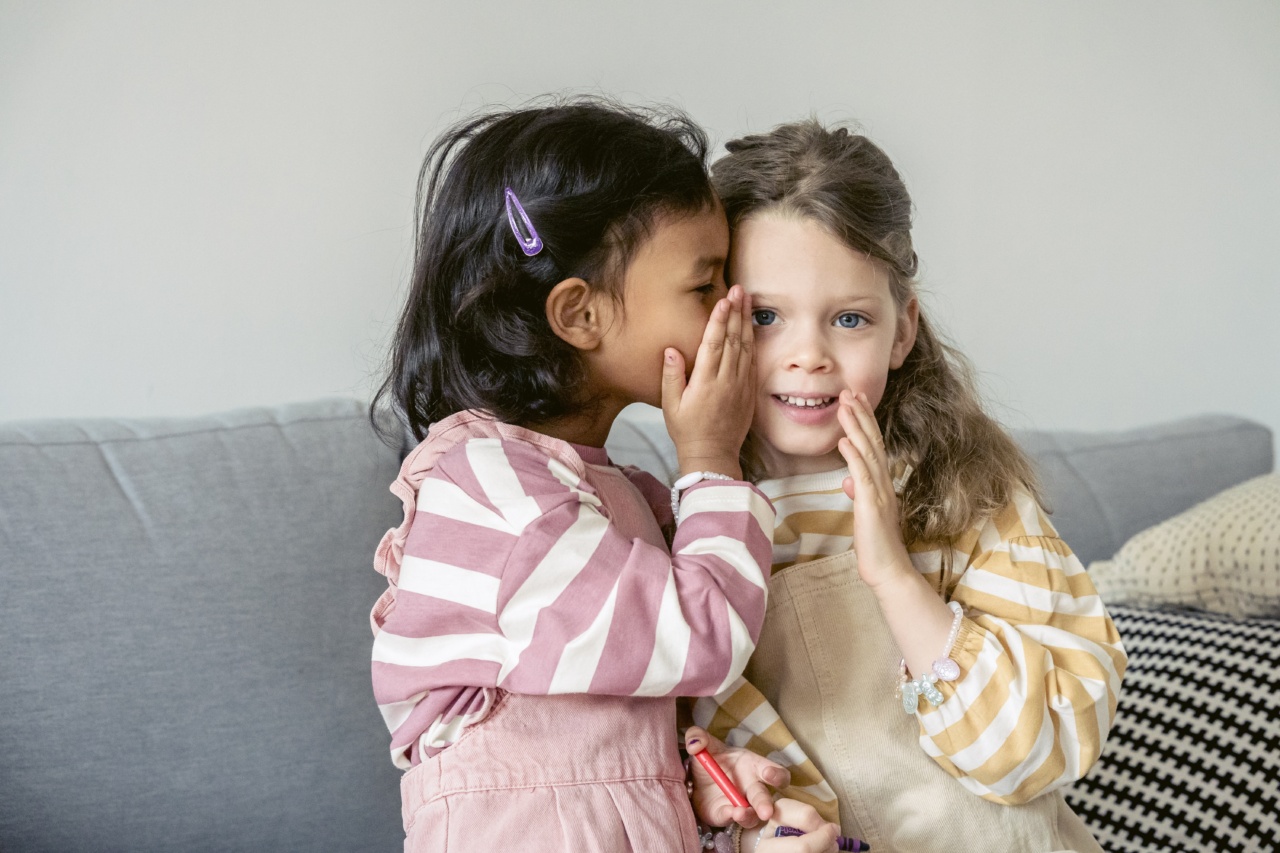We live in an age where violence often occurs in different parts of the world. In many cases, these events are reported in the media which includes television, newspapers, and the internet.
Children may come across these violent events while watching television, browsing social media, or know about them through schoolmates. As parents, guardians, educators, or caregivers, it might seem quite challenging to explain these violent events to kids.
Why is it important to talk to kids about violent events?
Children, especially those below the age of eight, are likely to misinterpret violent events in the news if they are not properly explained to them. Often, they may become frightened and feel unsure about their safety.
Thus, it is important to talk to kids about violent events to help them understand the situation better and alleviate their fears.
Secondly, without proper explanations, children may seek information from other sources like the internet or their peers, which in some cases might be wrong or inaccurate information.
It is also possible that they may become obsessed with the violent event or develop anxiety or depression because they cannot understand what is happening.
Talking to kids about violent events is a way to help them understand that while these events happen, they are not likely to happen to them.
How to talk to kids about violent events
It is common for parents to avoid discussing violent events with their children for fear of scaring them or not knowing what to say.
However, it is important to have this conversation with your kids so they can understand what is happening and feel safe. Here are some tips on how to talk to kids about violent events in the news:.
Be honest
When discussing violent events with kids, it is important to be honest about what happened. Avoid sugarcoating the situation or giving false information.
Explain what occurred in a simple and straightforward manner that matches their age and understanding. Remember, kids can sense when something is wrong, so it is necessary to be honest about the situation.
Ask what they know already
Before explaining the situation, ask your child what they know already. It’s important to understand their level of knowledge and be aware of any misconceptions they may have picked up from peers or the internet.
It also provides an opportunity for your child to express their fears or concerns.
Show comfort
When discussing violence with kids, it is important to show comfort, reassure, and express empathy about the situation. You can tell them that you understand the situation and appreciate how they feel.
Use kind gestures and words to offer comfort and show them that they are safe.
Limit the information
While it is important to be honest about the situation, it’s essential not to overwhelm your child with too much information. Information provided should be age-appropriate and minimal to reduce anxiety or fear.
Share only the essential details that will help them understand the situation.
Use age-appropriate language
Explain the event using age-appropriate language. For younger kids, you can use simpler terms and limit the scope of information provided. Provide information that matches their level of understanding.
For older kids, you can use more complex language and offer them the opportunity to ask questions.
Encourage discussion
Encourage open communication by answering all the questions and concerns that your child may have. Listen attentively when they speak and make sure that they feel heard.
Don’t try to dodge questions but instead answer them to the best of your ability.
Reassurance of safety
Provide comfort and assurance to your child that they are safe. Explain the measures that are in place to ensure their safety and the security measures in place to deal with violent events.
Help them feel empowered and more resilient in the face of fearful situations.
Monitor media exposure
Violent events in the news can be overwhelming if consumed every day. Monitor the media consumption levels of your child and limit obsessive consumption of violent news.
If you watch the news with your child, explain the situation and monitor their reaction to the news to ensure that they are not affected negatively.
Revisit the conversation
While discussing the initial violent event, it is best to revisit the conversation after a few days or weeks. Make sure that your child hasn’t generated more fears or misconceptions about the situation and that they understand the event better.
Conclusion
Talking to kids about violent events in the news is not an easy task. However, it is essential to ensure that they understand the situation and are not scared or misinformed.
Remember to be honest, use age-appropriate language, show comfort, limit information, encourage discussion, offer reassurance of safety, monitor media exposure, and revisit the conversation. When we talk to our kids honestly, we help to alleviate the fear and help them become more resilient in the face of adversity.






























